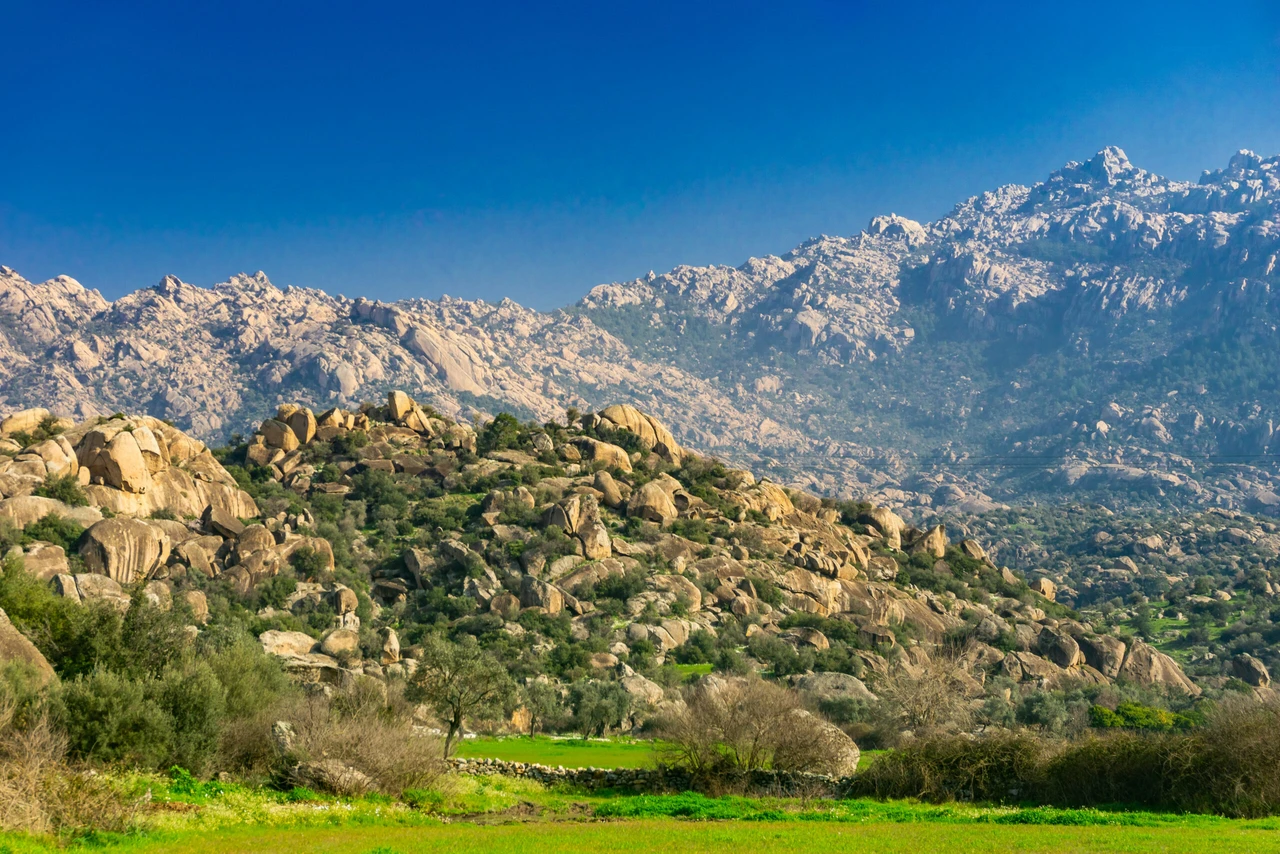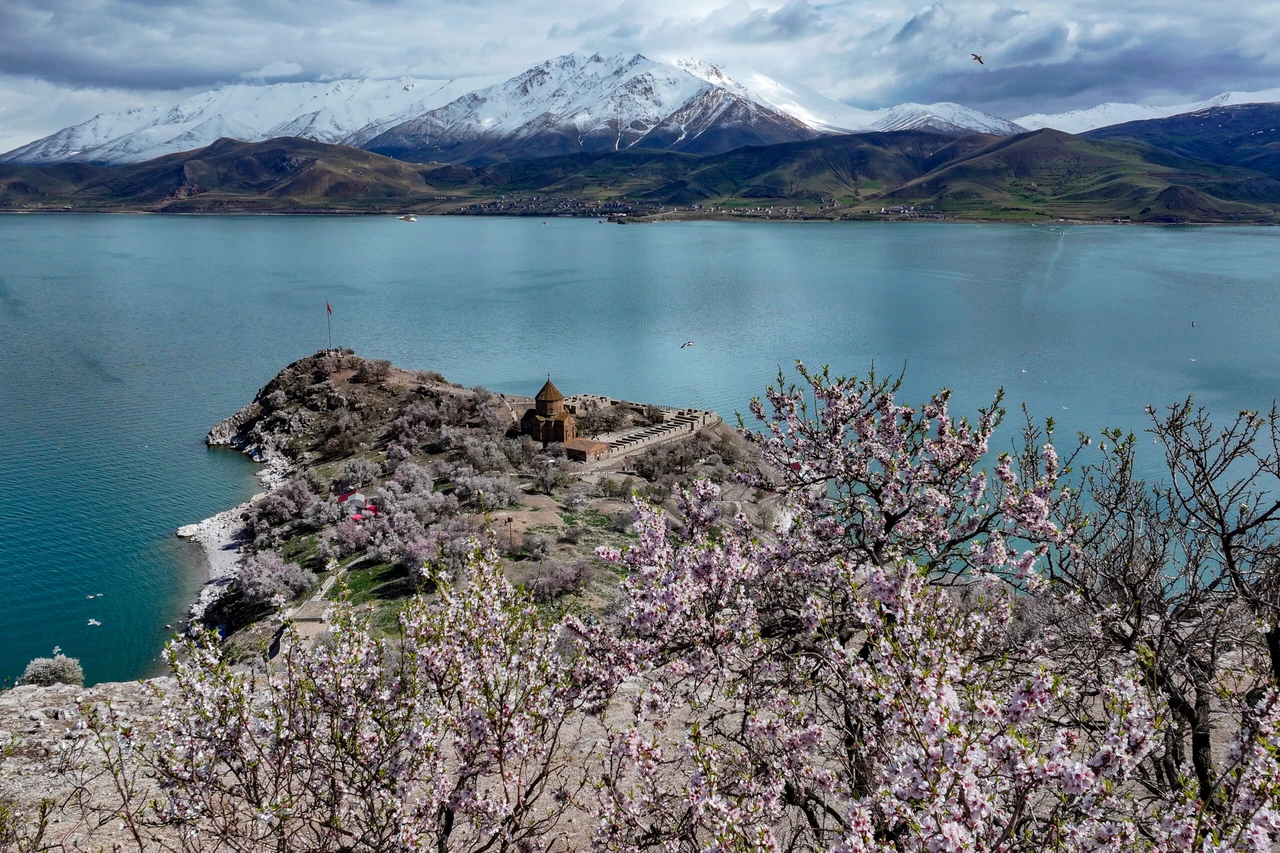1.3M Aleppans reside in Türkiye, interior minister announces
 Displaced residents visit the historic Aleppo Castle after armed groups, opposing Syria’s Bashar al-Assad regime take control of Aleppo, Syria on December 04, 2024. (AA Photo)
Displaced residents visit the historic Aleppo Castle after armed groups, opposing Syria’s Bashar al-Assad regime take control of Aleppo, Syria on December 04, 2024. (AA Photo)
Türkiye’s Interior Minister Ali Yerlikaya has disclosed that 1.3 million Aleppans, comprising 42% of the Syrian refugee population in Türkiye, currently reside within the country.
The interior minister, speaking at a meeting with media representatives organized by the Anadolu Broadcasters Federation, shared significant updates on Türkiye‘s migration policies and Syrian refugee management.
During the meeting, Yerlikaya disclosed that as of November 30, 2024, Türkiye hosts 4.17 million registered regular foreigners, including 2.94 million Syrians, 1.03 million residents with permits, and 201,000 international protection holders.
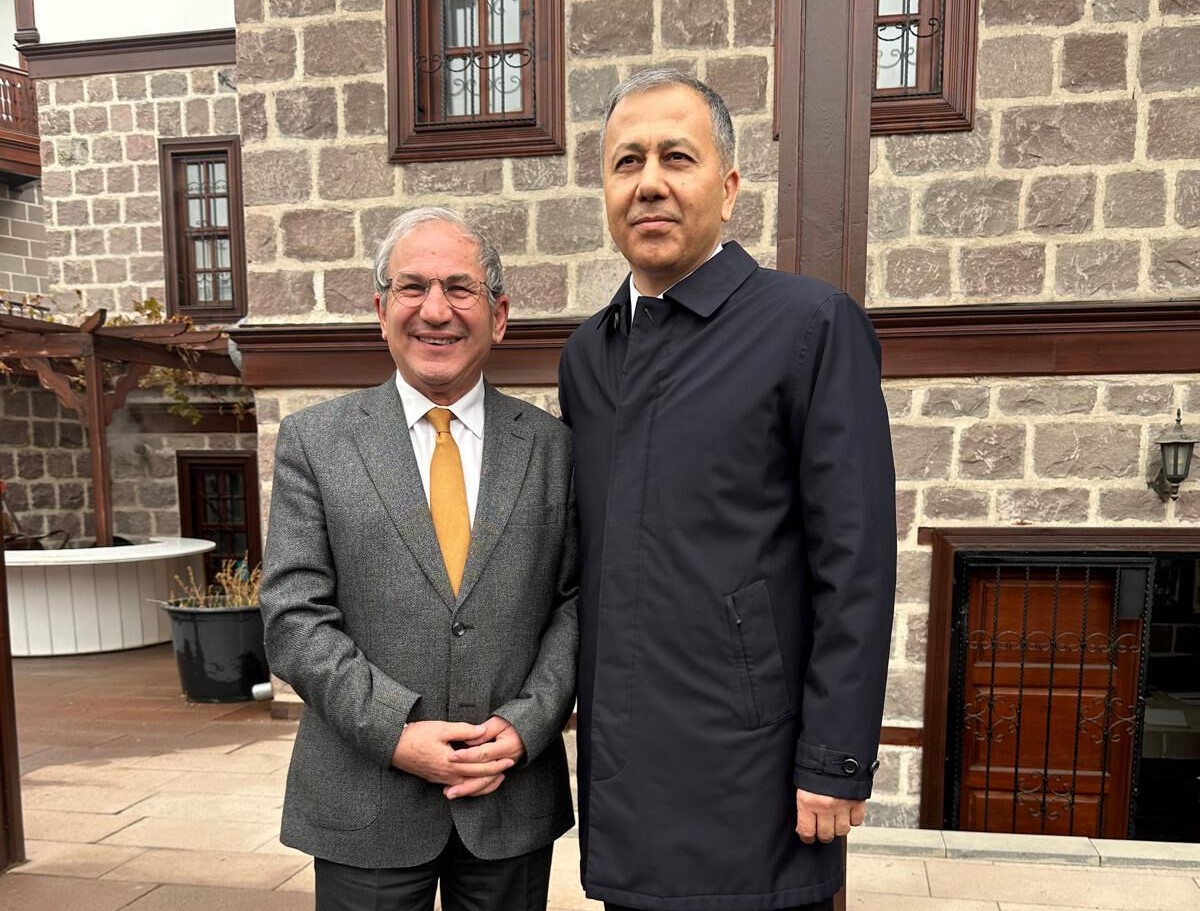
Among the attendees was Akif Bulbul, Ankara Representative of Türkiye Daily.
Key details shared by the minister
Syrian refugee demographics in Türkiye: Mostly Aleppans
- Aleppans form the largest subgroup of Syrians in Türkiye, with 1,247,432 individuals.
- Deir ez-Zor and Idlib follows Aleppans
- 189,673 refugees from Idlib.
- 107,000 refugees from Deir ez-Zor.
- Türkiye currently hosts approximately 2.94 million registered Syrians, alongside other international migrants.
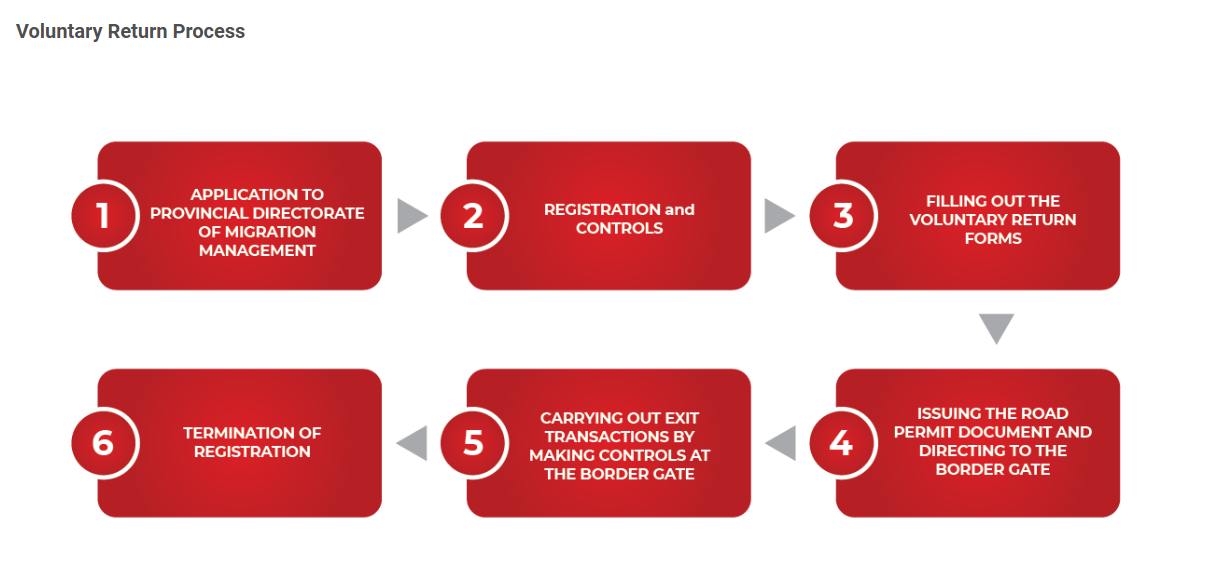
Voluntary return trends and programs
- The number of Syrians voluntarily returning to Syria has steadily increased:
- In 2016, monthly returns were around 4,000 people.
- By 2024, this figure rose to 11,453 per month.
- Cumulatively, 737,000 Syrians have voluntarily returned to Syria since 2016.
- 181,955 of these returns occurred during the current government’s term, highlighting Türkiye’s recent focus on facilitating returns.
- Yerlikaya attributed this increase to improved conditions in northern Syria, where Türkiye has supported the creation of safe zones.
Role of safe zones
- Türkiye has prioritized stabilizing areas in northern Syria to make returns feasible and sustainable.
- Examples include regions like Tel Rifaat and Aleppo, where Türkiye aims to replicate the stability seen in other safe zones created through cross-border operations.


- The Minister expressed optimism about Aleppans’ willingness to return, stating:
- “Aleppans are deeply connected to their homeland. We know Aleppans want to go back, but they need a safe and secure environment. We’re actively working to ensure that.”
Challenges in creating safe conditions
- While many areas in northern Syria are stabilized, Yerlikaya emphasized that not all regions are ready for large-scale returns.
We’re telling people to wait. Right now, some areas are not yet secure. But once we have confirmation, the flow of returns will increase significantly.
Interior Minister Ali Yerlikaya
Migration management in Türkiye
New measures for migrants in Türkiye
Yerlikaya announced stricter regulations to ensure the orderly management of migrants:
- Location tracking via mobile apps:
- From January 2025, registered migrants will need to send regular location updates through a mobile app.
- Failure to comply without a valid reason will result in placement in refugee camps.
- Crackdown on irregular employment:
- Employers must ensure that migrants working for them have valid work permits and social insurance.
- Denouncing under-the-table employment, Yerlikaya emphasized, “Every migrant working here must follow the same rules as Turkish citizens.”
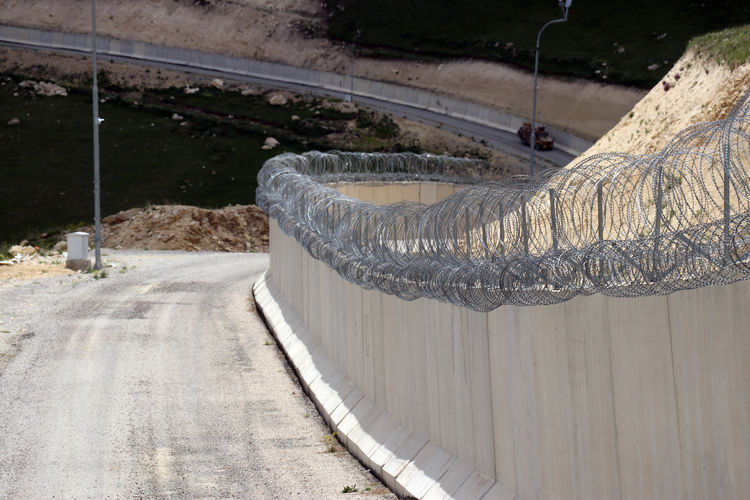
- Strengthened border security:
- Türkiye has nearly completed its border wall projects with Syria and Iraq, with only 78 kilometers of open sections remaining along the Iranian border.
- In 2023 alone, 131,000 irregular migrants were intercepted, and over 140,000 are projected to be deported by year’s end.
Türkiye’s long-term migration goals
Yerlikaya reiterated Türkiye’s aim to shift from being a destination or transit country for migration to a country that prevents irregular movements. This strategy includes:
- Breaking human trafficking networks: Over 7,000 human smuggling arrests have been made this year alone.
- Increasing deportations: More than 230,000 irregular migrants have been intercepted and processed this year.


- Reintegrating Syrians into their homeland: Collaborative efforts with international organizations and local Syrian communities aim to strengthen opportunities for resettlement.
Türkiye continues to balance its humanitarian responsibilities with the imperative of maintaining national security and public order. As the largest host country for Syrian refugees, it has implemented a range of measures to manage migration while fostering conditions that enable Syrians to return to their homeland safely.
The ongoing stabilization of northern Syria, especially in regions like Aleppo and Tel Rifat, is expected to play a critical role in increasing voluntary returns, especially Aleppans, with Yerlikaya expressing optimism for even greater numbers in the future.


